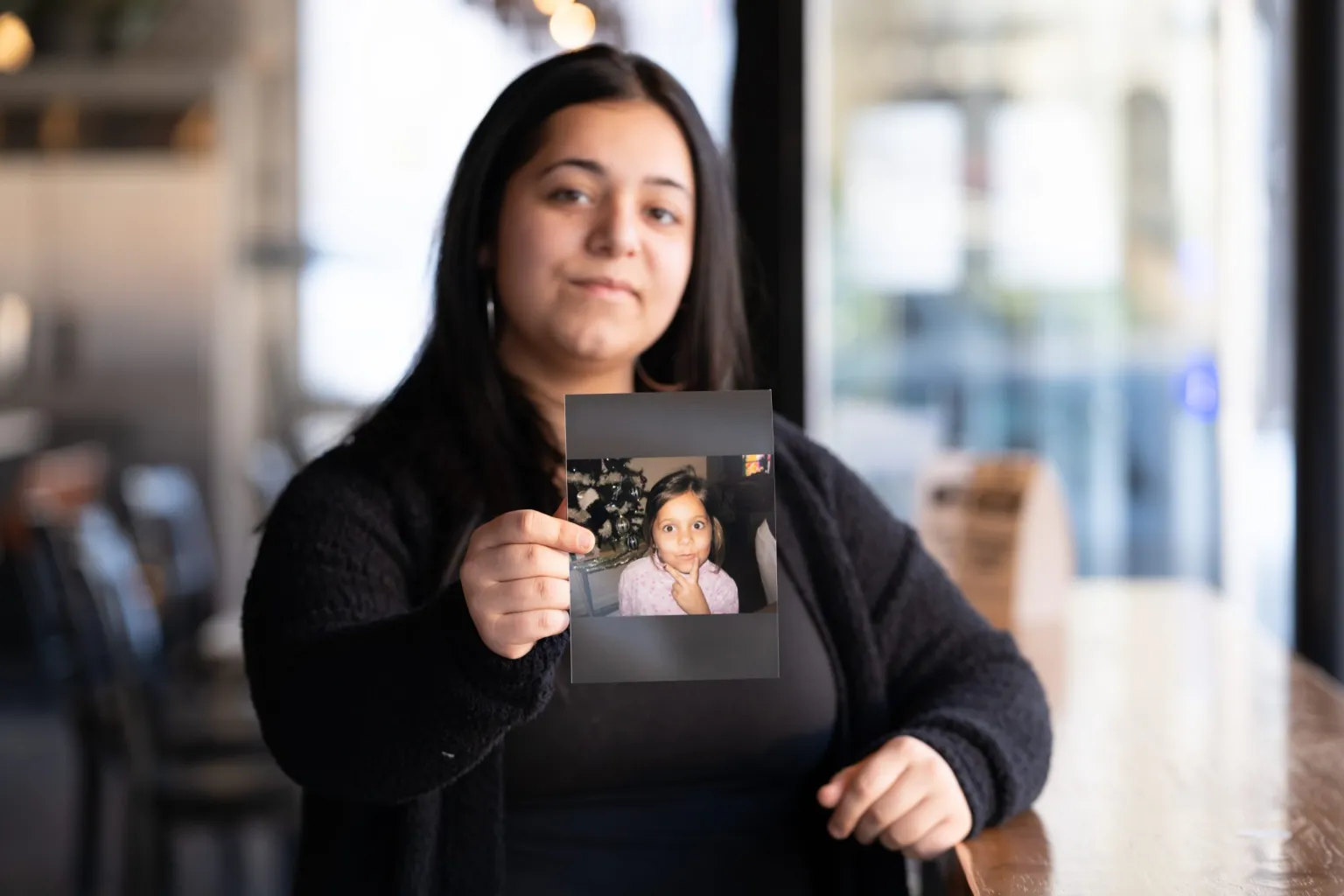‘An ecosystem of dysfunction:’ West Virginia still has a child welfare worker shortage, and it’s taking a toll on foster kids and families

Mountain State Spotlight by
When Olivia Frausto was growing up with her father and sister in Martinsburg, sleeping on the floor and waking up to cockroaches scuttling on the walls, she remembers frequent visits from West Virginia Child Protective Services workers.
“Long story short, I didn’t have very good parental supervision,” Olivia, now 19, said recently. “I grew up with not a lot of parents, and not a lot of people leading me in the right direction.”
That path led to truancy and drug use. At 13, Olivia was impregnated by an adult man and the following year gave birth to a daughter prematurely. But it wasn’t until she got into a fist fight with her older sister that the state stepped in to intervene. And then, it wasn’t to remove her from a bad situation and get her mental health care; it was to lock her in a concrete cell at the Vicki Douglas Juvenile Center.
“They didn’t even take into consideration that I was a 14 year old who was groomed by a grown man,” she said.
For Olivia, that trauma led to years in and out of juvenile detention centers, group facilities and foster homes. West Virginia continues to rely on residential group care for kids with physical and mental disabilities — an ongoing situation that has led to years of monitoring by the U.S. Department of Justice and a class action lawsuit that is scheduled to go before a federal judge in March.
Read more from Mountain State Spotlight.




